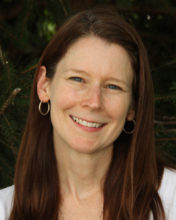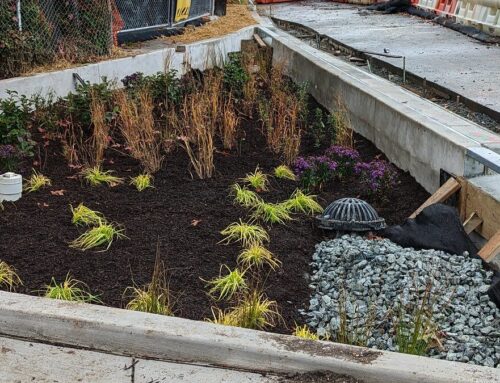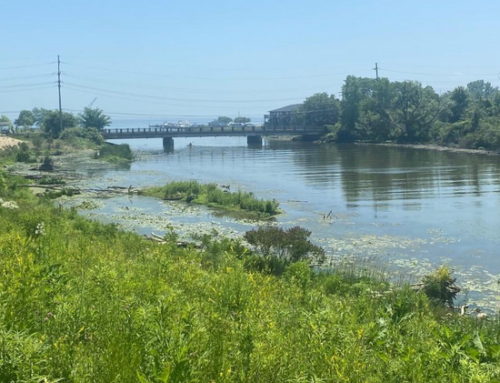A new publication from the Center for Watershed Protection can help Chesapeake Bay communities review and revise their development regulations to ensure future construction projects maximize tree canopy. These “forest friendly” developments conserve and protect valuable trees and woodlands, encourage new plantings and will help Bay states meet the Watershed Implementation Plan (WIP) goal to expand urban tree canopy by 2,400 acres by 2025.
Making Your Community Forest-Friendly: A Worksheet for Review of Municipal Codes and Ordinances provides a set of questions to help determine whether existing local codes require, allow or prohibit forest-friendly development practices.
Trees and forests capture rainfall in their canopies, allowing water to slowly infiltrate into the ground. By absorbing what would otherwise become runoff, trees also filter out harmful pollutants. As lands are developed, conserving existing trees and forests is a critical part of the Bay cleanup strategy. However, following community “rules” for development often results in creation of neighborhoods with few trees and excess pavement.
The practices outlined in the worksheet were developed with input from subject matter experts including foresters, planners, transportation engineers, homebuilders and fire administration representatives. The practices aim to maximize tree cover protection without compromising other goals, such as public safety, visibility, access and economic value. The worksheet can be used by municipal staff, non-governmental organizations and others to identify specific approaches to improve local codes. A fillable PDF version is available here.
This work was funded by the USDA Forest Service. For more information, contact Karen Cappiella @kc@cwp.org
 Karen Cappiella
Karen Cappiella
Karen is a former GIS guru whose areas of expertise include applied watershed research, watershed planning, producing guidance documents and articles on watershed and stormwater management, and proposal writing. In addition to managing the Research Program, she coordinates proposal submissions for the Center. Karen has been with the Center since 2000, and has a B.A. in Geography from Millersville University and an M.A. in Geography from East Carolina University. She lives in New Market, Maryland with her husband and daughters.






